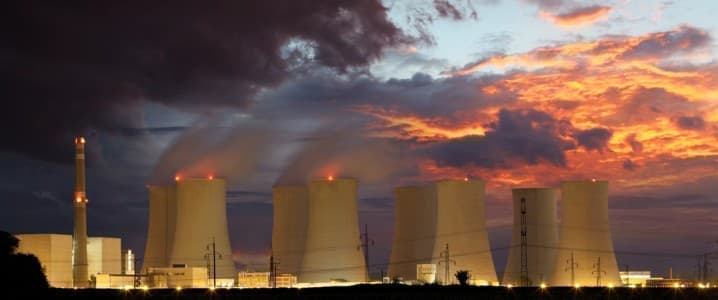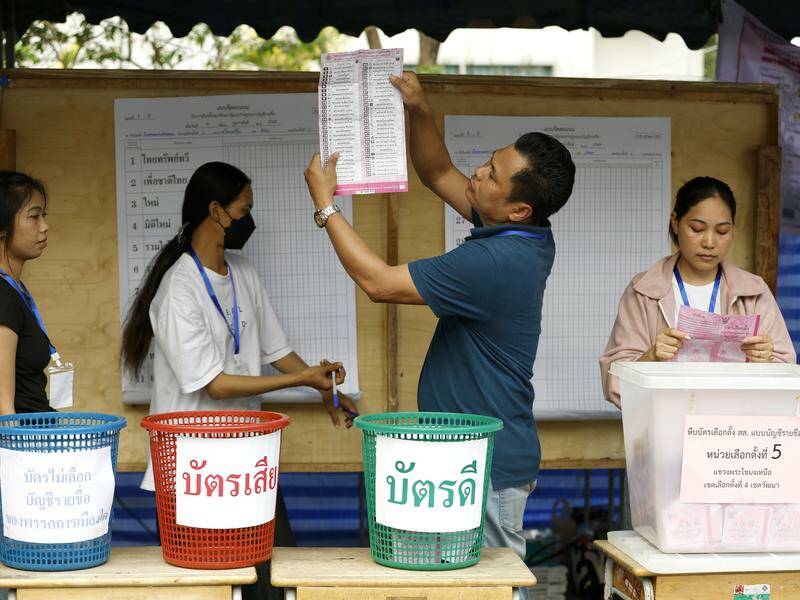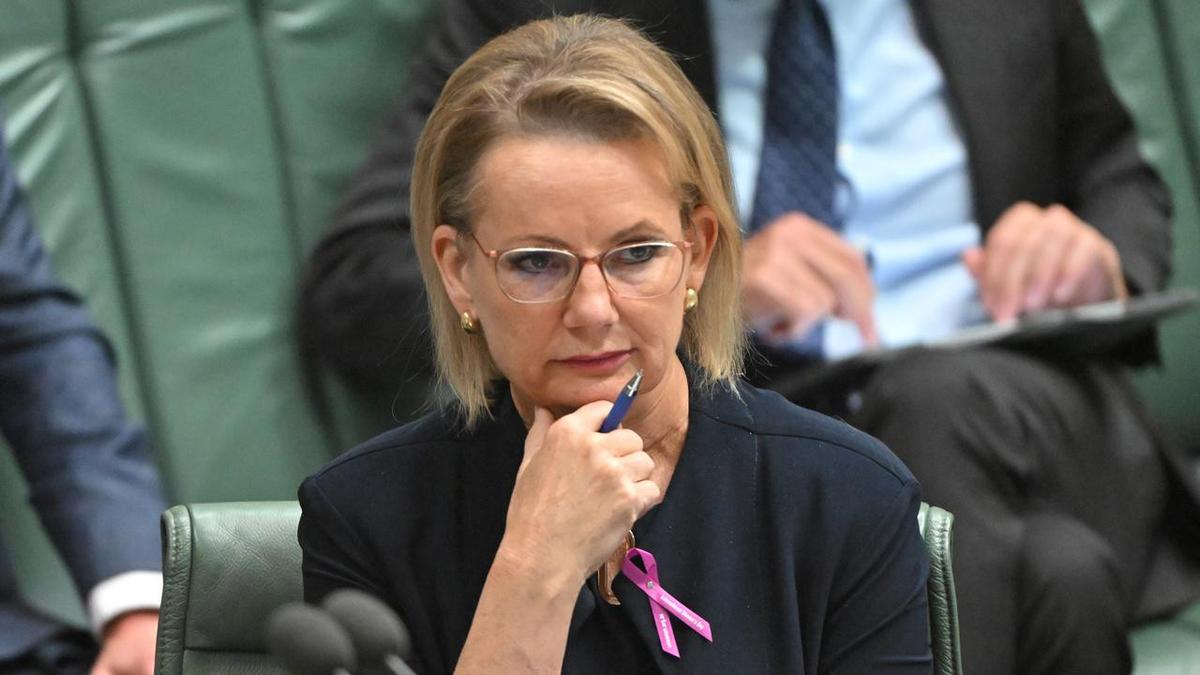
Kazakhstan’s First Deputy Prime Minister, Roman Sklyar, announced on July 31, 2024, that China will construct the country’s third nuclear power plant. This decision marks a significant step in Beijing’s expanding influence over Kazakhstan’s energy landscape. During a press conference, Sklyar confirmed, “The third plant (like the second one) will also come from China,” indicating ongoing collaboration between the two nations in the nuclear sector.
This announcement follows Kazakhstan’s earlier decision in June to award the construction of its second nuclear power facility to the China National Nuclear Corporation (CNNC). The timing coincided with a visit from Chinese President Xi Jinping to Astana for the China–Central Asia summit, highlighting the strengthening ties between Kazakhstan and China. While Kazakhstan has formally designated Russia’s Rosatom to build its first nuclear power plant, Astana appears to be strategically diversifying its nuclear partnerships among major powers.
The decision to collaborate with China reflects Kazakhstan’s nuanced approach to foreign relations. As Almasadam Satqaliev, chairman of Kazakhstan’s Atomic Energy Agency, noted during a June 15 announcement, “China is definitely one of the countries that has all the necessary technologies and the entire industrial base.” This perspective underscores a shift towards reliability in energy partnerships, particularly as Kazakhstan navigates its geopolitical landscape.
Kazakhstan’s first nuclear power project, with an estimated cost of $14 billion, is expected to be completed by 2035 or later. However, it faces challenges due to Russia’s reliance on export financing amid ongoing economic pressures from international sanctions and the war in Ukraine. In contrast, CNNC is perceived as a more stable partner for Kazakhstan, free from the constraints of Western sanctions. Kazakh lawmaker Ermurat Bapi emphasized this point, stating, “CNNC is backed by China’s robust industrial base, ample funding, and, most importantly, freedom from Western sanctions.”
Political analysts are observing this strategic pivot. Dosym Satpaev, head of the Risk Assessment Group in Almaty, suggests that Kazakhstan’s decision to select CNNC for its nuclear projects is indicative of broader geopolitical shifts. The choice comes at a time when Russia has announced it will no longer proceed with the construction of three thermal power stations in Kazakhstan, a project valued at $2 billion.
Kazakhstan’s long-term energy strategy has been under scrutiny since a controversial referendum in October 2024, which purportedly showed over 71 percent support for nuclear energy development. However, the legitimacy of this referendum has been questioned due to allegations of ballot-stuffing and low voter turnout in major cities. Despite these concerns, the government has leveraged the results to signal to international investors that public support exists for its nuclear ambitions.
Kazakhstan’s President Qasym-Zhomart Toqaev has expressed openness to partnerships with other nations, including South Korea’s KHNP and France’s EDF. Yet, the increasing ties with China could complicate these relationships and reshape Kazakhstan’s foreign policy. Bapi argues that this pattern indicates a shift from passive balancing to active orchestration of great-power competition, allowing Kazakhstan to assert itself as an independent actor in regional diplomacy.
As Kazakhstan moves forward with its nuclear projects, the implications for its energy security and international relations are substantial. According to Satpaev, the rapid engagement with China in nuclear energy goes beyond mere energy needs, representing a geopolitical maneuver. He cautions that such dependence on external powers could compromise Kazakhstan’s sovereignty and control over its energy resources.
In summary, Kazakhstan’s decision to involve China in its nuclear power initiatives reflects a strategic balancing act. As the country navigates its relationships with both China and Russia, it aims to leverage its position as a leading uranium producer while safeguarding its national interests. The anticipated announcement of a location for the third nuclear plant before the end of 2025 will likely further define Kazakhstan’s energy landscape and its role in the broader geopolitical framework.







